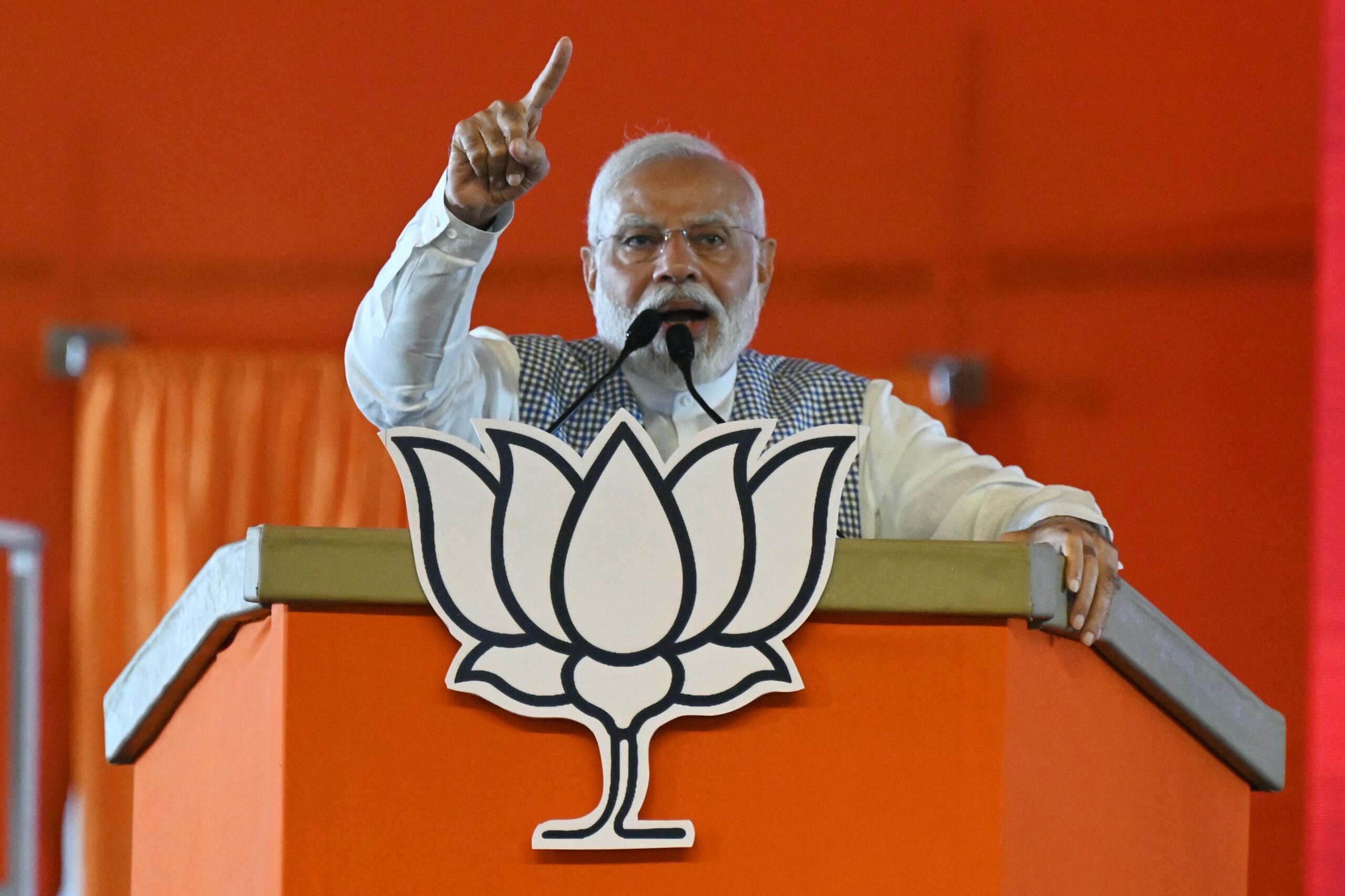- Saturday, July 27, 2024
There is no room for the MPs to become complacent and bag a ticket for the next election in the ruling party as it has put in place a strict organisational procedure to pick the best possible candidates for the big battle.

By: Shubham Ghosh
INDIA’S ruling Bharatiya Janata Party (BJP) led by prime minister Narendra Modi has kicked off serious preparations for the general elections due in a month or two. On Thursday (Feb 29) night, the party’s top brass, including Modi, held successive meetings — first at the prime minister’s official residence and then at its headquarters — to finalise the first list of candidates for the high-profile polls. The second meeting went on for hours and concluded early on Friday (1).
The BJP is expected to announce the list soon. However, what is more significant is the party’s structured and corporate-like functioning in picking the best possible faces for the elections which it aims to win to retain power for more than a decade at a stretch.
Sources said the Hindu nationalist party has employed a multi-layered and exhaustive process to finalise the candidates, including a system of seeking feedback from the grassroots workers and voters about the sitting parliamentarians before deciding who to go with. It has also been holding strict internal evaluations and strategic talks to pick the candidates for the big battle.
The overnight meeting, which was attended by Modi, home minister Amit Shah, defence minister Rajnath Singh besides the BJP’s national president, JP Nadda, and other dignitaries, saw extensive discussions about probable candidates for the constituencies of the Lok Sabha or popularly elected Lower House of the parliament. Of course, the BJP also has its allies in the National Democratic Alliance but with Modi’s appeal, it is undoubtedly the main propelling force for the alliance.
The BJP has always followed an organised method in picking candidates, be it for national, provincial or local elections. It has also made use of technology to ensure that the process is a coherent one from the grassroots to the topmost level. For instance, it has launched the NaMo App to give the public a platform for airing their opinions on the performance of sitting parliamentarians. It has sought opinions of those who are on the ground about the most popular leaders in their areas. It has always emphasised on local booths, setting targets for local area managers to go for maximum enrollment from people as new members of the party.
In 2023, for instance, the BJP launched a unique ‘missed call’ campaign with a specially chosen number 9090902024 to expand its social base and it reminded one of a similar membership drive during the 2019 general elections.
The number is symbolic as it represented nine years of the Modi government in office and the general election of this year.
The BJP has also taken opinions of its MPs while evaluating their performance and addressing concerns. The party has also contacted survey agencies to make comprehensive reports on each Lok Sabha constituency. Given Modi’s tireless efforts as the face of the party, there has been little room for complacency for the party’s MPs in the years between two national elections. Even ministers were tasked with visiting constituencies and making reports about the MPs’ performance.
The information sought from ministers and other sources in the party’s organisation are looked into at election committee meetings at the state level first. Following the discussions, the core group of the party in each state engaged in deliberations over top leaders such as Shah, Nadda and others to zero in on candidates.
The BJP is also careful about the anti-incumbency challenge. Given it is in power for a decade now, the chances of anti-incumbency sentiments could be high but the party plays it smart to change known faces to minimise the challenge. It was seen doing it successfully in the recent election in the central Indian state of Madhya Pradesh where it replaced the popular chief minister and veteran leader Shivraj Singh Chouhan and returned to power again.
The party doesn’t even hesitate to attract candidates from other parties to enhance the winnability factor. It never thinks twice in revoking electoral tickets for those MPs who have failed to live up to expectations during their performance. This time, too, 60-50 incumbent parliamentarians might not get a ticket to contest from their seats again and could be replaced by fresh faces.
A number of ministers of the Modi government, who were earlier from Rajya Sabha or the Upper House of the parliament which is not popularly elected, could be nominated to contest the Lok Sabha election this time. This is another masterstroke by the BJP in nurturing a new breed of leaders who have a mass base, including finance minister Nirmala Sitharaman and external affairs minister Subrahmanyam Jaishankar, who have been members of the Rajya Sabha earlier. The party renominated only four of its 28 outgoing Rajya Sabha MPs, suggesting the new line of thinking it has put into electoral politics.
The BJP is also planning to reveal names of several of its candidates ahead of the Election Commission declaring the dates of the election, thereby putting a psychological pressure over the opposition which is still in the middle of seat-sharing adjustments for the election.